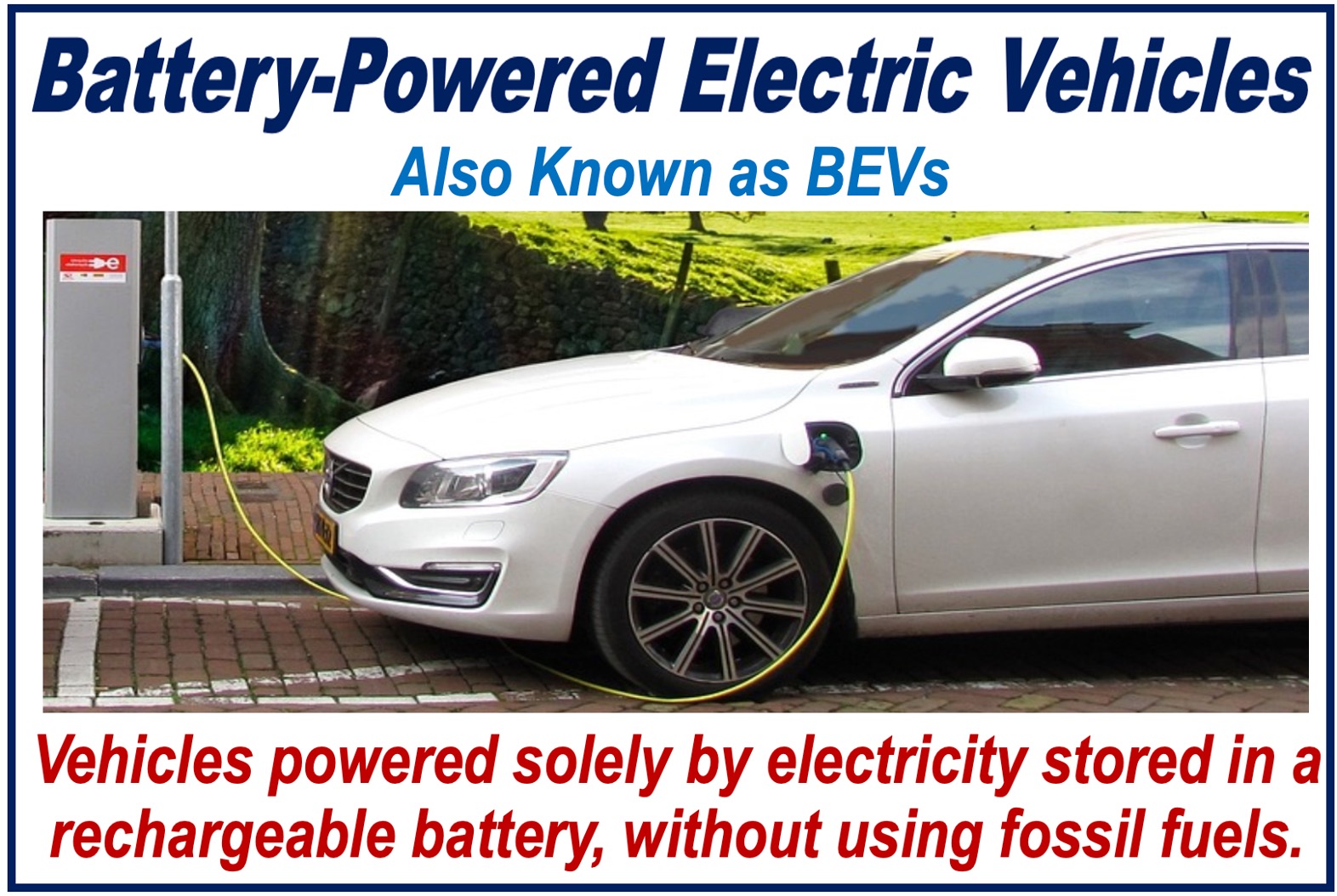Battery-powered electric vehicles now last as long as their gas (petrol) and diesel counterparts, a new study involving researchers from the UK, US, and Switzerland has shown.
Their study also showed that electric vehicles are more reliable than cars and vans that consume fossil fuels. This is a pivotal moment in the quest towards sustainable transportation, the researchers said.
The team gathered and analyzed data on 300 million test records from the UK’s Ministry of Transport (MOT). The records chart the ‘health’ of every British active vehicle between 2005 and 2022. Using that data, they estimated vehicle longevity and conducted a comprehensive analysis of survival rates for battery-powered, gas, and diesel vehicles.
The study results showed that while early battery electric vehicles were less reliable than those with internal combustion engines, recent technological advances have allowed newer electric vehicles to rapidly achieve comparable reliability and lifespans, even under intensive use.
Electric Vehicles – Reliability and Longevity
Electric vehicles demonstrated the fastest improvement in reliability. After each year of production, their hazard rate or likelihood of failure declined by 12%, compared to 6.7% for gas and 1.9% for diesel vehicles.
The researchers wrote about their study and findings in the peer-reviewed academic journal Nature Energy (citation below).

Today, on average, battery-powered electric vehicles have an 18.4-year lifespan and can travel up to 124,000 miles, which is more than gas cars in mileage.
Elon Musk’s carmaker Tesla produces the longest-lasting vehicles, while Audi and Skoda are the best performers overall.
Quotes
Co-author Professor Robert Elliot, who teaches economics at the University of Birmingham (UK), said:
“BEVs (battery-powered electric) offer significant environmental benefits, especially as Europe switches to a more renewable energy mix. Despite higher initial emissions from production, a long-lasting electric vehicle can quickly offset its carbon footprint, contributing to the fight against climate change – making them a more sustainable long-term option.”
“Our findings offer consumers reliable data to make informed decisions about their vehicle purchases, whilst policymakers can use our insights to shape regulations and incentives that promote the adoption of durable and environmentally friendly vehicles and plan ahead their end-of-life treatment.”
Co-author Dr. Viet Nguyen-Tien, a Research Officer at the Centre for Economic Performance (CEP) at the LSE, said:
“Our findings provide critical insights into the lifespan and environmental impact of electric vehicles. No longer just a niche option, BEVs are a viable and sustainable alternative to traditional vehicles – a significant step towards achieving a net-zero carbon future.”
The study emphasizes how technological advancements play a key role in encouraging the use of BEVs. It also offers important guidance for planning fleet replacements and finding efficient ways to recycle electric vehicles once they reach the end of their lifespan.
Citation
Nguyen-Tien, V., Zhang, C., Strobl, E. et al. The closing longevity gap between battery electric vehicles and internal combustion vehicles in Great Britain. Nat Energy (2025). https://doi.org/10.1038/s41560-024-01698-1
